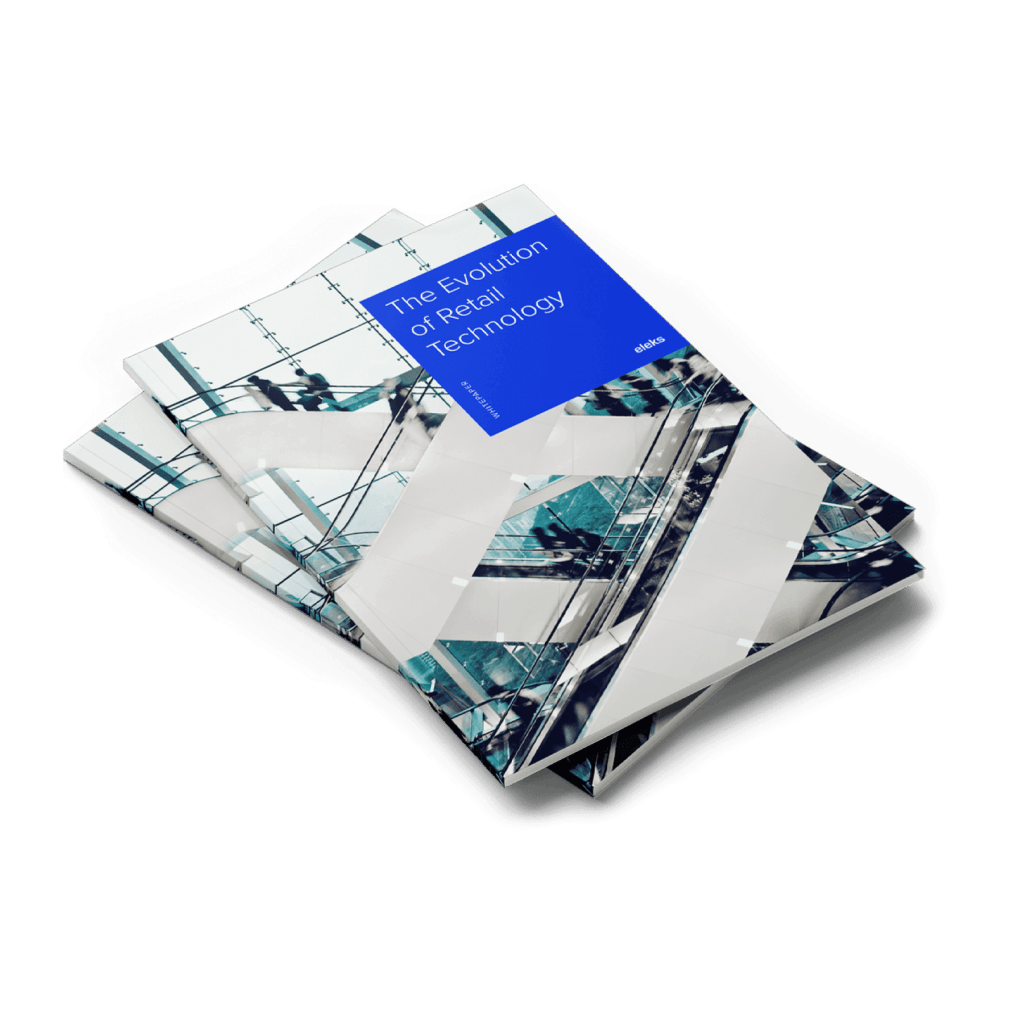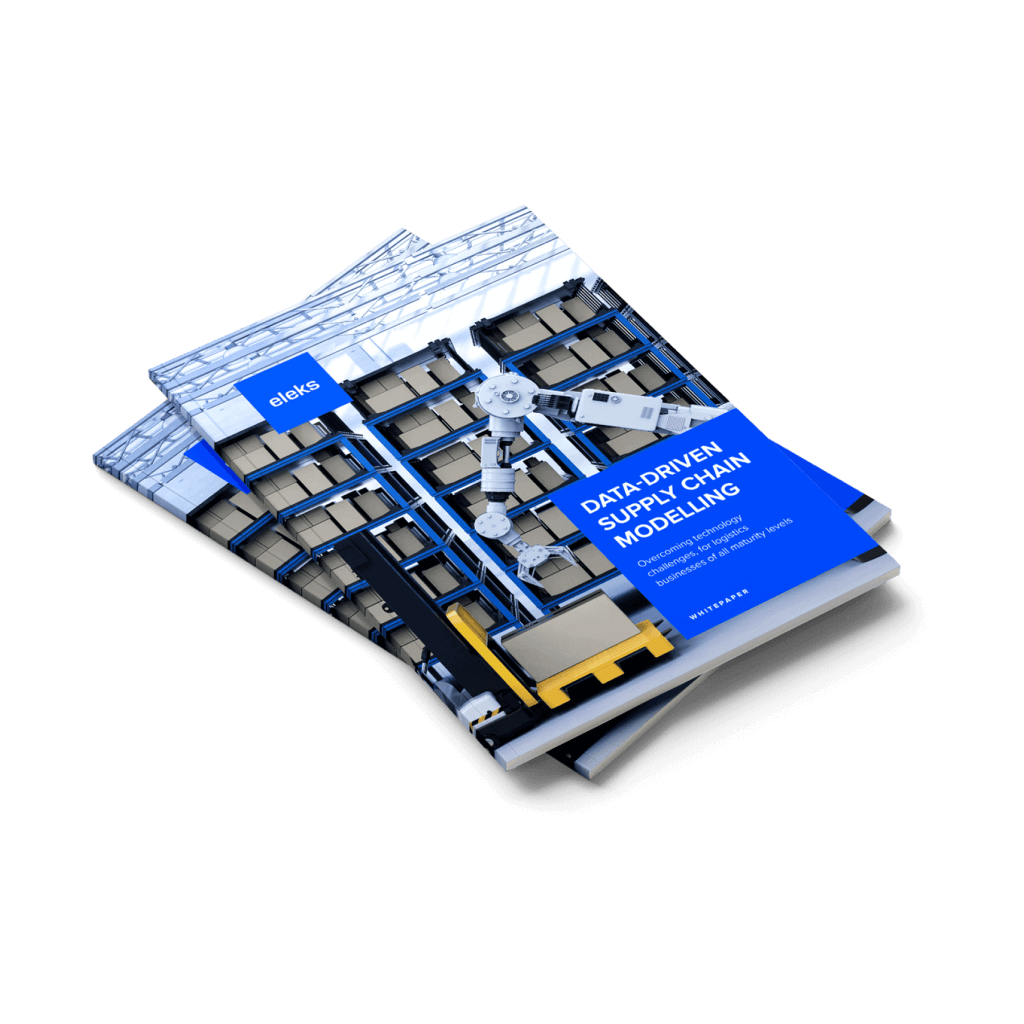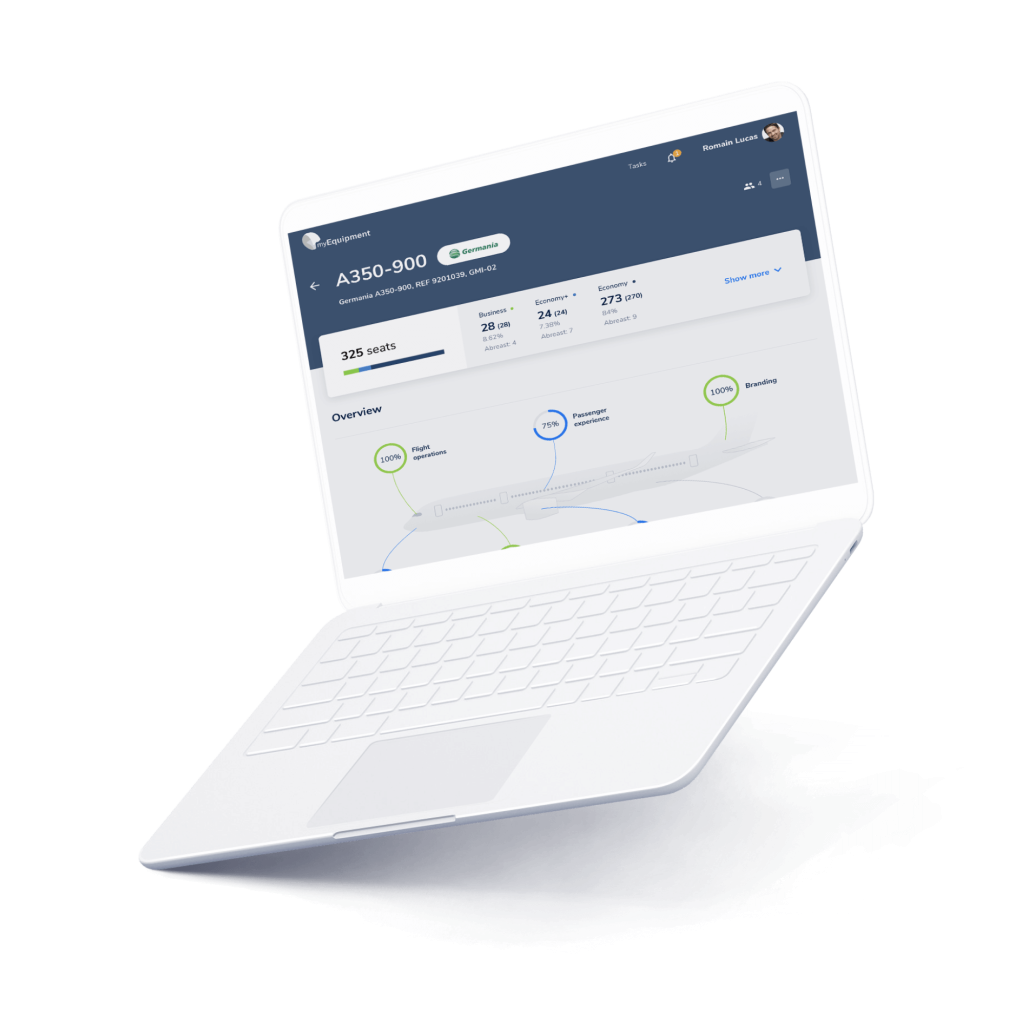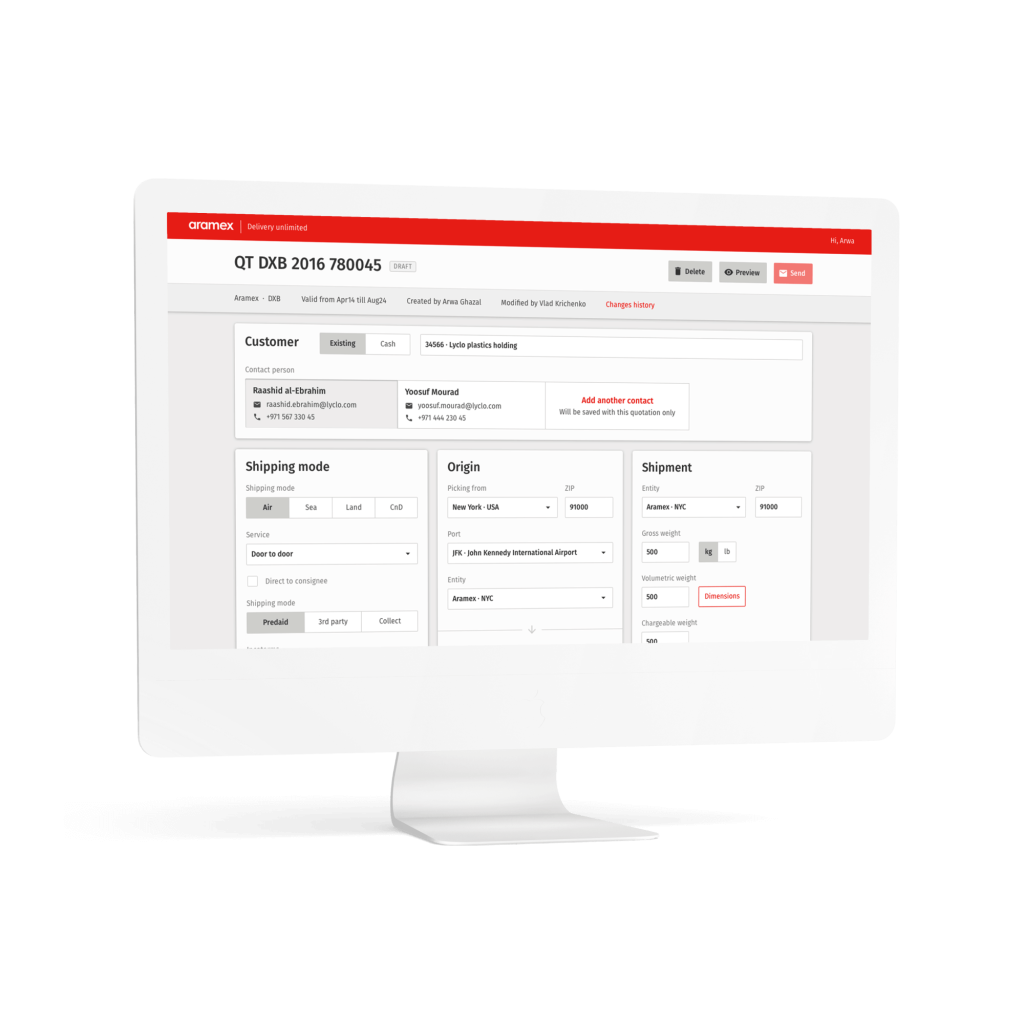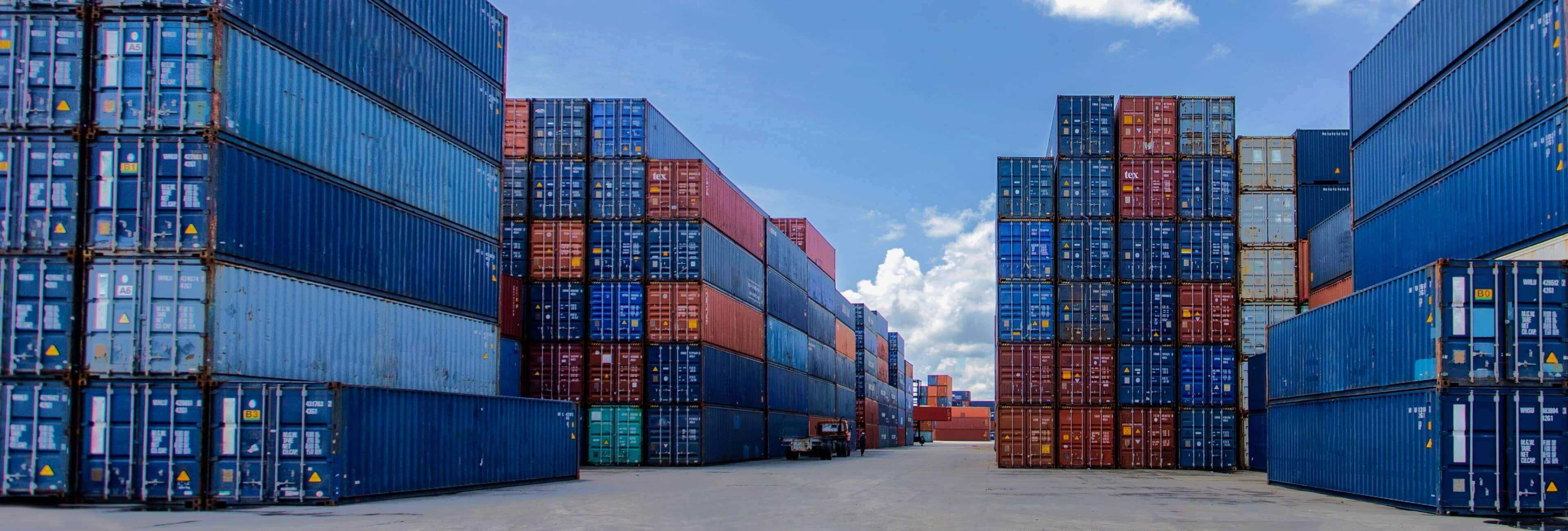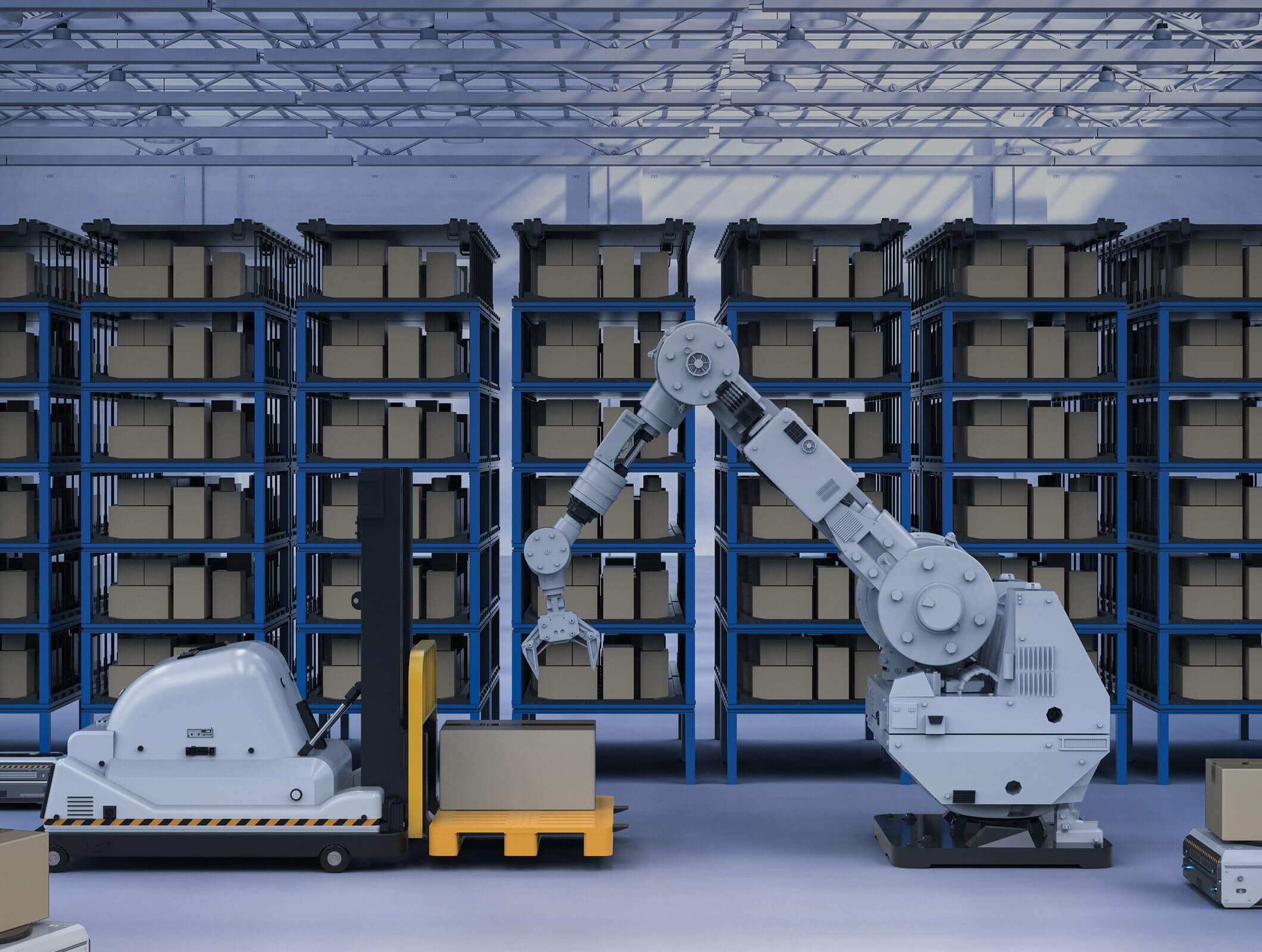- Maintenance
- Updates
- Testing
- Integrations
- Security measures

Understanding Logistics and Supply Chain Software Development
Logistics and supply chain software requires skills and expertise to develop functional and reliable programs. The developers must fully understand programming languages. Furthermore, logistics and chain supply software developers must have the technical know-how and in-depth knowledge of business operations to effectively design applications that meet your unique needs. Since every organisation has unique operational requirements, the challenge for logistics and supply chain software developers is creating a custom application that meets your business needs. The goal is to address some common challenges faced by logistics and supply chain companies, which may include:
- Efficiency
- Cost reduction
- Accuracy and reliability
- Time optimisation
- Scalability
- Security and privacy concerns
Therefore, while logistics and supply chain software development are complex, the undertaking is equally rewarding. When done right, your business can capitalise on the benefits associated with logistics and supply chain software development services for long-term success. The numerous benefits have made logistics and supply chain software development one of the fastest-growing business segments, and it has yet to show signs of slowing down.
Benefits of Logistics and Supply Chain Software
Now that you understand logistics and supply chain software development better, here is a better understanding of how the service can benefit your organisation.
Improved Efficiency
Logistics and supply chain organisations require energy, workforce, and resources to ensure efficient operations. By leveraging the power of software development services, companies can streamline processes with automated tools and achieve maximum efficiency. This equates to less time spent on manual labour, so business owners can focus more on strategic decision-making and customer service. For example, if you wish to monitor a shipment's progress, you can create an application that provides real-time updates regarding the delivery. With such information, your employees can proactively ensure the shipment reaches its intended destination on time.
Enhanced Accuracy
To err is human, and as careful as you may be, mistakes will still occur. Software, on the other hand, is developed with accuracy in mind. With the help of software development services, you will access a system that enables employees to manage operations with precision and confidence. For example, you may get software that generates automated inventory tracking and accounting reports. This feature eliminates the possibility of manual errors, ensuring that all information is accurate and up-to-date.
Increased Transparency
With an optimised system in place, companies can ensure optimum customer satisfaction. The software allows you to offer customers end-to-end visibility of their orders. The system also eliminates the need for manual tracking, as clients can easily access information about a shipment in real time.
Reduced Costs
Indeed, the upfront cost of creating a custom application may be expensive. However, the long-term effect of using logistics and supply chain software development services can be invaluable. For example, automating processes can significantly reduce human labour and resource costs. Furthermore, the software helps you save money in other areas, such as inventory tracking and customer service.
Types of Logistics and Supply Chain Software Development Services
There is no one-size-fit-for-all solution for logistics and supply chain software development. Every organisation has unique operational requirements, so logistics and supply chain software developers aim to create a custom application that meets your business needs.
Transportation Management Systems
This system is ideal for manufacturers, e-commerce, distributors, and third-party logistics companies. The system helps organisations plan, execute and optimise goods movement from one point to another. The software also allows companies to track shipments and monitor fleet performance. For example, transportation software can generate and compare quotes from various carriers, enabling you to select the cost-efficient option for your business. The system also helps you ensure you are compliant and all documents are available.
Warehouse Management Systems
WMS features tools that help businesses manage inventory, personnel, and facilities. The software enables organisations to track stock levels in real-time, making warehousing operations more efficient. For example, in supply chain management, warehouse management systems let organisations manage order fulfilment, which includes receiving raw materials and shipping finished products. For instance, if some parts of the products are missing, the system can alert employees to take corrective action.
Order Management Systems
This system's work is as the name implies — to manage orders. The software has various features to help organisations oversee the customer order lifecycle, from initial placement to delivery.
For example, you can use OMS to automate order entry and provide customers with automated email notifications about their orders. This step helps streamline customer service processes and reduces manual data entry errors. In the same way, you can use the system to redefine product pricing and discounts on the fly. With this, your organisation can keep up with market demands and ensure cost-effective operations.
Inventory Management Systems
Inventory management software is mainly used to track stock levels and ensure that the right amount of goods is available when needed. Organisations can use this system to manage the storage of goods, keep an accurate stock count and restock shelves accordingly. This way, they avoid out-of-stocks and maximise profits efficiently. At the same time, the system's planning capabilities allow companies to forecast customer demand and create schedules for inventory replenishment in advance. With this data, businesses can also determine when it is most cost-effective to stock up or clear out obsolete items.
Logistics and Supply Chain Software Development for Different Industries
Numerous industries can leverage logistics and supply chain software development services to optimise their operations.
Manufacturing
Manufacturing involves various processes, from shipping raw materials to producing finished products. Keeping up with the various components of the operations is critical to a successful business. Logistics and supply chain software development help improve visibility in their supply chains to ensure efficiency and maximise productivity. For example, manufacturers can use this system to track the movement of raw materials from the supplier. From there, the organisations can track inventory to determine when to ship more materials. Upon manufacturing, the manufacturers can use the supply chain management software to connect with distributors and third-party logistics companies to help fulfil orders.
Retail
The retail industry relies heavily on effective supply chain management software to track and control inventory. Retailers can use this system to store and manage product information, track shipments and maintain accurate records of the goods they have in their stores. With this system, retailers can easily keep up with customers' demands, which goes a long way toward ensuring business success. For instance, if some items are no longer in stock, the system can alert employees and trigger restocking before customers' demand surges.
Wholesale
Wholesalers are responsible for delivering goods to their retail customers. As such, such organisations must have access to robust supply chain optimisation software to streamline the flow of information between themselves and the retailers. For example, with this system, wholesalers can integrate product data from multiple sources and use it to manage inventory levels across various locations. With this, warehouses will always have adequate supplies to keep up with customer orders without delays or hassles. Furthermore, wholesalers can use warehouse management software to track the movements of goods from the warehouse to retailers. This feature helps them keep up with delivery timelines and ensure a smooth flow of operations.

Choosing the Right Logistics and Supply Chain Software Development Services
The efficiency and reliability of a supply chain management system primarily depend on the provider you choose for the job. You need a developer who understands your needs and can deliver a comprehensive solution to help optimise your operations.
Factors to Consider
Pay attention to these aspects to help choose a system that meets your needs.
Industry
As mentioned earlier, each industry has its own set of challenges and so its unique software requirements. Therefore, consider your industry needs first, then choose a service provider who can meet them. For example, in the healthcare industry, you need a system to track medical supplies and equipment. Similarly, you need a system to track raw materials, production processes, and final products in the manufacturing industry.
Business Size
Your business size will determine your required logistics and supply chain software development services. Small businesses may only need basic inventory tracking and order management functions. On the other hand, large companies may require advanced functions such as shipment tracking, vendor management, and predictive analytics.
Existing Systems
The new system should seamlessly integrate with existing systems in your organisation. For example, if you are using enterprise resource planning (ERP) software, the new system should be able to connect with it without any issues.
Questions to Ask
These questions will help ensure you choose a provider who offers quality services.
Experience
Experience is primarily equivalent to expertise. The longer the developer has been in the industry, the better their knowledge of software development.
Portfolio
The portfolio shows the developer's past projects and the success rate. The developer will likely meet your expectations if the service provider has a high success rate and good references.
Process
Ask the developer about their process. For example, do they use agile methods? Or do they prefer a more traditional approach? This factor helps you gauge if the developer can deliver a solution that meets your needs and expectations.
Communication
Communication is key to a successful project. The developer should constantly update you on their progress and be open to answering any queries. The developers should have a reliable customer service team to help you with any technical issues that may arise.
Importance of Conducting Research and Due Diligence
Logistics and supply chain software is a significant investment, so you cannot afford to choose the wrong provider. With the constant demand for these services, many developers claim to offer quality services. And if you are not careful, you can easily fall for their traps. Take your time to read reviews to get insights into how other customers think about the provider's quality of services. This step will help you understand the provider's reputation and choose a qualified team.
Cost of Logistics and Supply Chain Software Development Services
The cost will vary depending on the features, complexity, and type of service you require. The total cost will depend on the scope of your project, the type of platform you require, and the size of your team. Additionally, logistics and supply chain software development costs will be based on the developers' technologies and software skills. So, consult different providers, then compare prices to ensure you get quality services at the best price.
Final Thoughts
Logistics and supply chain software development is critical for any business that needs to track the flow of goods and unify its supply chain, fleets and warehousing while ensuring smarter and more cost-effective asset management. And now that you understand all that goes into it, you are in a better position to make an informed decision. Consider all the factors discussed to get quality services that meet your needs and requirements. With the right logistics and supply chain software development services, you can introduce digital transformation to give your company a competitive edge in the market.
Related Insights



